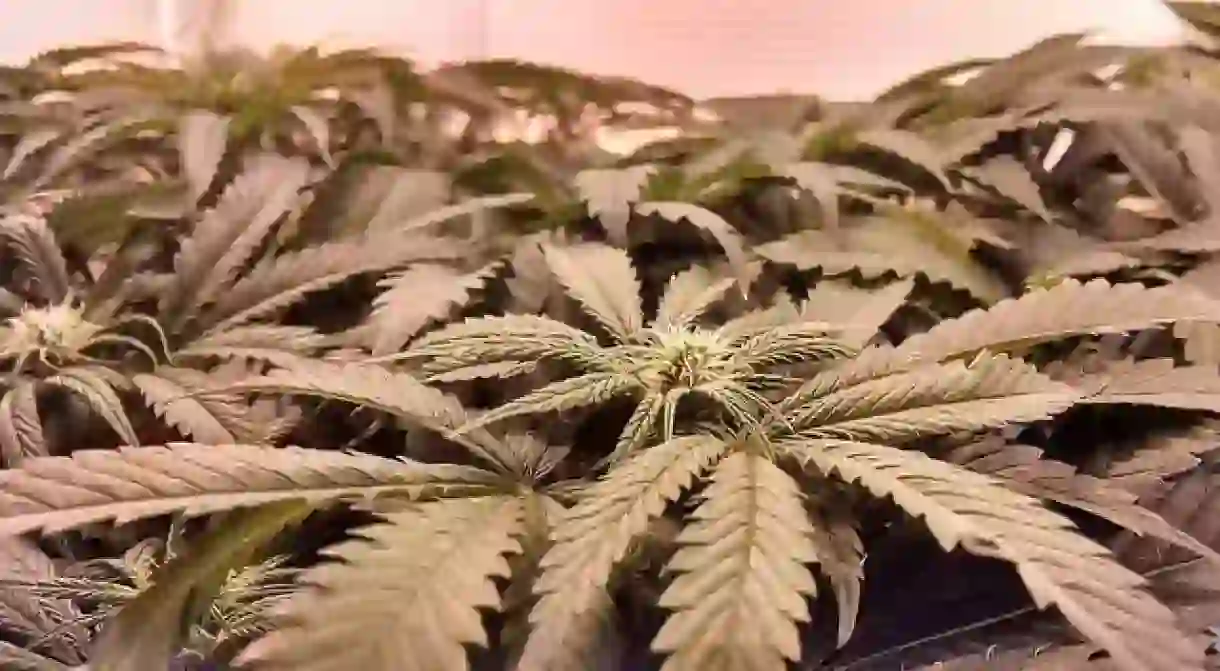Zimbabwe Has Just Legalized Marijuana, Here’s Why

Zimbabwe has become the second country in Africa to legalize marijuana farming—not for recreational purposes, but for its medicinal value and scientific reasons.
Over the years, the production of marijuana has been illegal in Zimbabwe with a sentence of up to 12 years if found guilty of growing the plant.
However, under the new law, farmers who wish to grow cannabis can apply for licence through the government. Minister of Health David Parirenyatwa told The Culture Trip that the legalization of the drug was for medical and scientific purposes.

“Not everyone would be allowed to farm marijuana. A fee of $50,000 would be paid for one to have the licence.
“The current global market for marijuana products is US$3 billion and is expected to rise to US$56 billion as more countries join. Zimbabwe is just positioning itself because we have good soils for massive commercial production,” he said.
In a notice published in a government gazette, only Zimbabwean citizens and residents will be given licence.
“In case of an individual, proof of citizenship or proof of being ordinarily resident in Zimbabwe or proof of an exemption by the minister [will be required],” reads the notice.
The farming of cannabis will be strictly regulated with officials constantly monitoring and auditing its use on each and every farm.
African nations are reluctant to get into the marijuana business, with conservative governments fearful of encouraging recreational drug use.
However, Lesotho became the first African country to legalize marijuana giving South African firm Verve Dynamics the right to cultivate, manufacture, supply, export, and transport cannabis and cannabis products from Lesotho.

Verve Dynamics’s operations specializes in medicines manufactured from indigenous plants.
In the United States, the Food and Drug Administration has approved two medications in pill form synthesized from cannabinoid chemicals. Cannabis is used to treat a wide range of illnesses, from childhood epilepsy to glaucoma.
Marijuana reduces inflammation, nausea, and pain, and is being studied as a control for mental illness and addiction.
“We have been dealing with Afro-botanicals with a medicinal application for the last 15 years. Cannabis has been a product of interest to us for some time due to its medical potential. However, due to the illegality of it in South Africa we have not had access to it,” an executive from Verve Dynamics told a local publication soon after being granted a licence in Lesotho.
While some scientists maintain that marijuana has immense medicinal benefits, critics say it contains harmful chemicals that are 20 per cent more likely to cause cancer to the user than tobacco. Some even argue that marijuana contains ingredients that can potentially cause temporary sterility.













